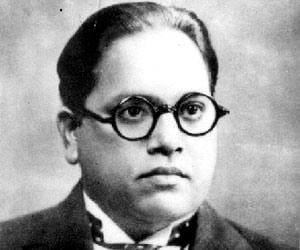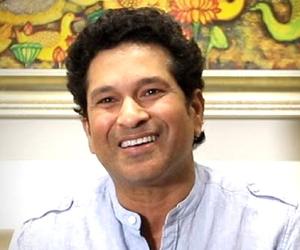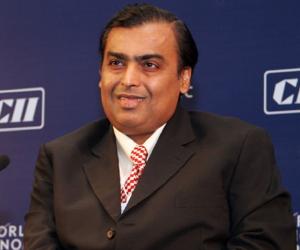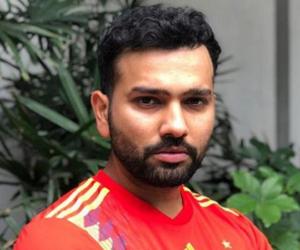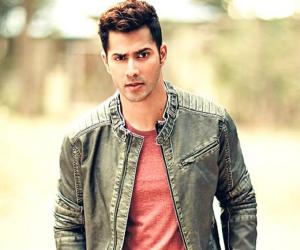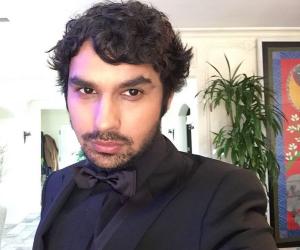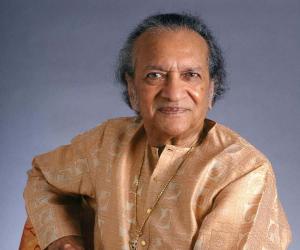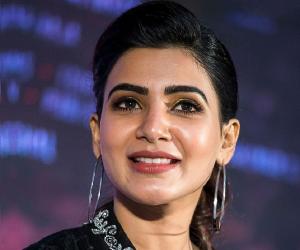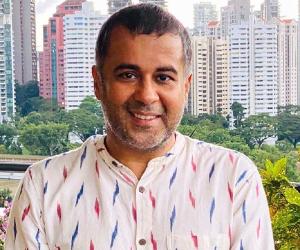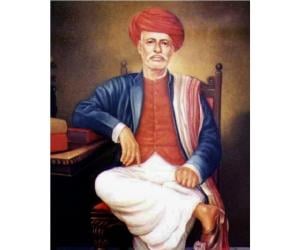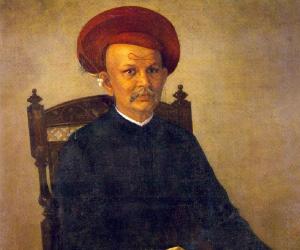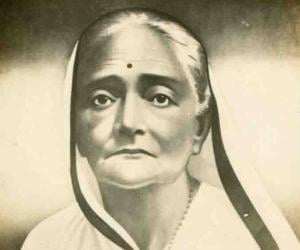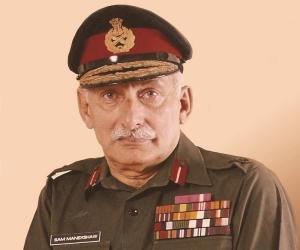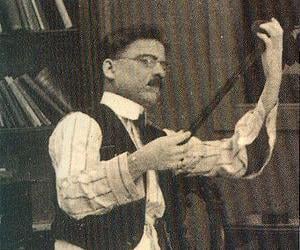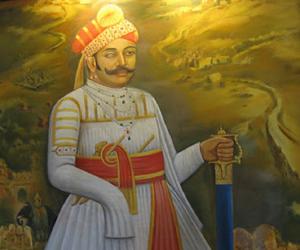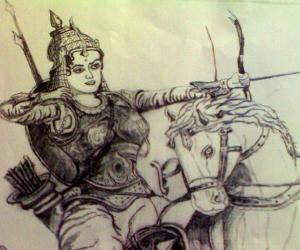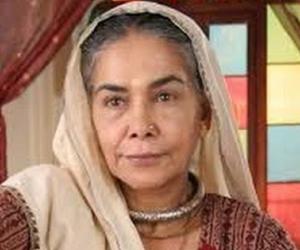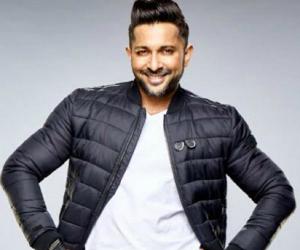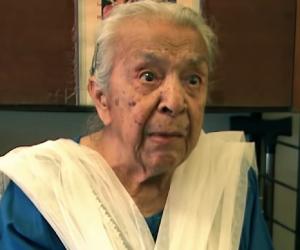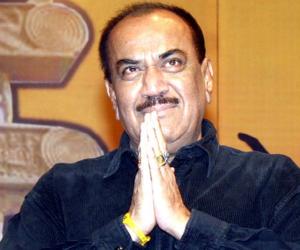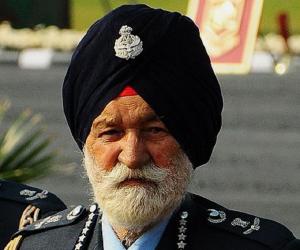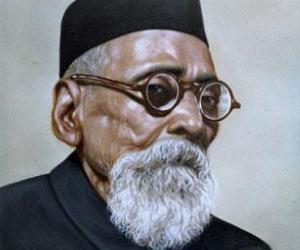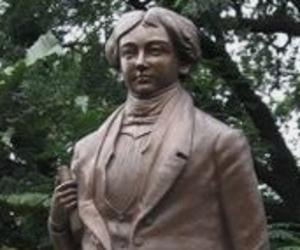India's first Minister of Law and Justice, B. R. Ambedkar inspired the Dalit Buddhist movement. He also fought against social discrimination prevalent in India at that time. Widely regarded as the chief architect of the Constitution of India, Ambedkar was posthumously honored with India's highest civilian award - The Bharat Ratna.
Often referred to as the God of Cricket in India, Sachin Tendulkar is a retired cricketer. Also known for his humility on and off the field, Sachin is one of the most revered, celebrated, and decorated cricketers. Considered one of the greatest batsmen of all time, Sachin Tendulkar played a key role in turning India into a cricket-frenzy nation.
The richest person in Asia, Mukesh Ambani is an Indian billionaire business magnate. He is the chairman and managing director of Reliance Industries Ltd. (RIL). The son legendary Dhirubhai Ambani, he started his career by helping his father build their family business. As of today, he is the only Indian businessman on Forbes' list of the world's most powerful people.
Indian right-handed batsman Rohit Sharma is also the vice-captain in the limited-overs format. One of the few cricketers to score a century in all three formats, he is also the first player with two ODI double centuries. He is WWF-India’a Rhino Ambassador and works for PETA’s campaigns for street animals.
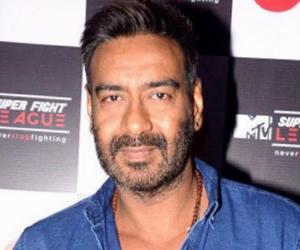
Ajay Devgn, a two-time National Award winner, has also been honored with the Padma Shri. The son of stuntman Veeru Devgan, he began his career with the blockbuster hit Phool Aur Kaante. He later delivered stellar performances in films such as Dilwale and Zakhm, and now owns a production company.
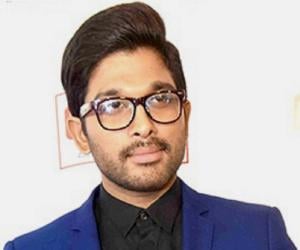
Allu Arjun is an Indian actor best known for his work in the Telugu film industry. A recipient of three Nandi Awards and five Filmfare Awards South, Arjun is one of the most bankable actors in south India. He is also one of the highest-paid actors and has been included in the Celebrity 100 list by Forbes India since 2014.

Born Prabhu Sundaram, Prabhu Deva soared to fame with the song Mukkabla from Kadhalan. Born to a movie choreographer father, he followed in his footsteps to learn classical dance at an early age. The Padma Shri- and two-time National Award-winning dancer later gravitated to acting and direction.
Jyotiba Phule was an Indian thinker, social activist, writer, and anti-caste social reformer. During his lifetime, he worked towards eradicating the caste system and untouchability in India. He was also a pioneer of women education in India and began his first school for girls in Pune in 1848. B. R. Ambedkar had often cited Jyotiba Phule as an inspiration.
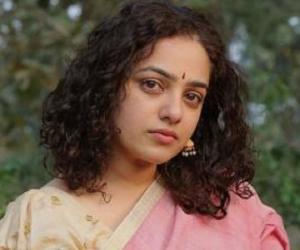
Three-time Filmfare winner Nithya Menen is a sensation in South Indian films. Initially a child actor, she later aspired to be a journalist but eventually ended up gaining accolades with her roles in films such as Gunde Jaari Gallanthayyinde and Mynaa. She also appeared in the web series Breathe: Into the Shadows.
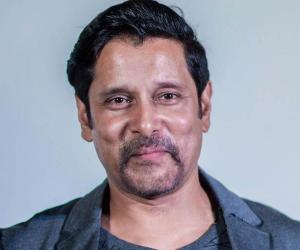
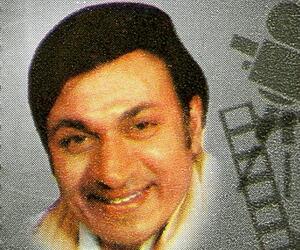
Legendary Kannada actor and singer Dr. Rajkumar had gained titles such as Nata Saarvabhouma and Gaana Gandharva from his fans. He was a major force behind the Gokak agitation for Kannada language. He had also been awarded with the Padma Bhushan and the Dadasaheb Phalke Award.
One of the greatest Indian painters of all time, Raja Ravi Varma is best remembered for mixing Indian mythological subjects with the Western historicist style of art. His painting skills made the king of Travancore his patron at 14. His best-known works include The Milkmaid and The Begum’s Bath.
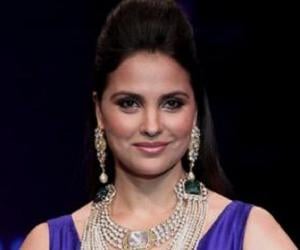
Kasturba Gandhi was an Indian freedom fighter and political activist. Best remembered as the wife of Mohandas Karamchand Gandhi, Kasturba took part in Indian independence movements along with her husband. Her life and career inspired a play titled Kasturba which was written by Narayan Desai and directed by Aditi Desai. The play was staged several times in India.
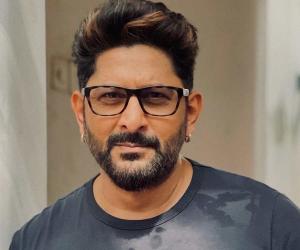
Orphaned at 14, Arshad Warsi quit school after the 10th standard and took to selling cosmetics at 17. His interest in dance made him join Akbar Sami's dance group. He later launched his own dance studio. He eventually soared to fame as Circuit in Munna Bhai M.B.B.S. and also won a Filmfare.
Maharana Sangram Singh I, better known as Rana Sanga, is remembered in history as a fierce Rajput king of the Sisodia dynasty. He controlled modern-day Rajasthan, Gujarat, and MP, with Chittor as his capital. In his struggle for power, he had lost one arm and one eye, and was crippled for life.
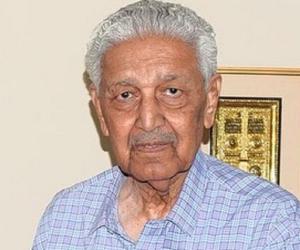
Pakistani engineer Abdul Qadeer Khan was a major figure in the development of his country’s nuclear plans. His research also focused on uranium enrichment. He was later apparently involved in transfer of nuclear technology to Iran, among other countries, but was pardoned by then-president Pervez Musharraf.
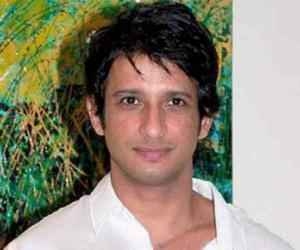
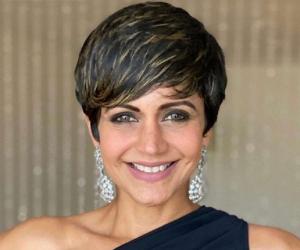
Tarabai reigned as the Queen Regent of the famous Maratha Empire from 1700 to 1708. The queen of Rajaram Bhosle I, Tarabai played an important role in fending off the Mughal forces from the Maratha territories after the demise of her husband. Tarabai's life and heroics have inspired films like Shivrayachi Soon Tararani where she was portrayed by Nishigandha Wad.
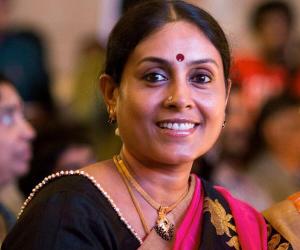
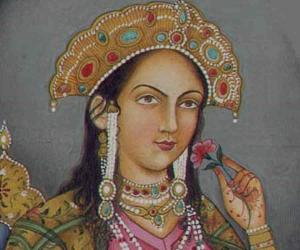

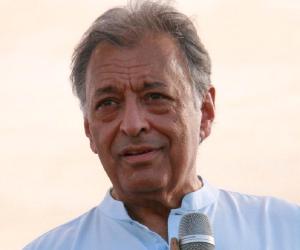
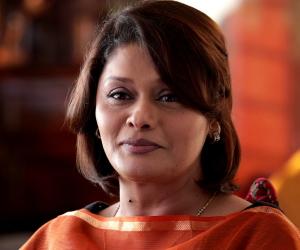
Zohra Sehgal was an Indian dancer, choreographer, and actress. Regarded as one of the most prominent Indian dancers of all time, Zohra Sehgal influenced and inspired several aspiring Indian dancers and actresses. She had won several prestigious honors, such as the Sangeet Natak Akademi Fellowship and Padma Vibhushan, the country’s second-highest civilian award.
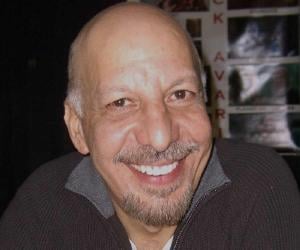
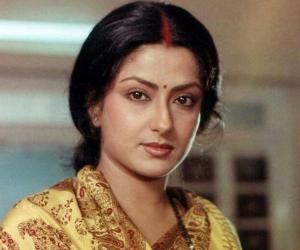
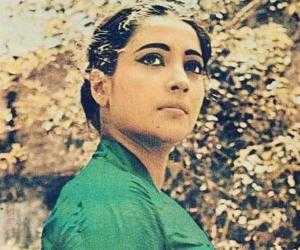
Arjan Singh was an Indian Air Force officer who served as the Air Force Chief from 1964 to 1969. Arjan Singh, who led the Air Force during the Second Kashmir War, was honored with the Padma Vibhushan for his service during the war. He was the first Indian Air Force officer to achieve the Marshal of the Air Force rank.
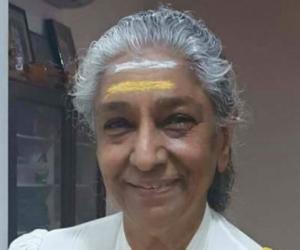
Better known as Janaki Amma, playback singer S. Janaki had begun her career with the Tamil film Vidhiyin Vilayattu. Also known as the Nightingale of South India, she has lent her voice to over 48,000 songs. Following her retirement, she has been the victim of death hoaxes at least twice.
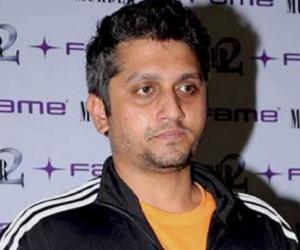
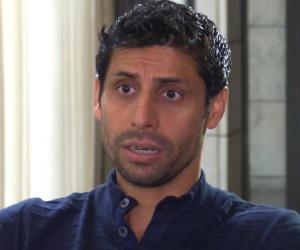
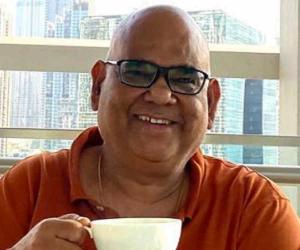
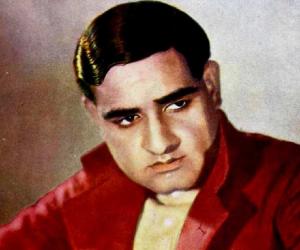
K. L. Saigal, the first superstar of Hindi cinema, was revered and idolised for his singing and acting styles. He gained-attention starring and singing in the Hindi film Puran Bhagat. He then starred in several films, most notably in the Hindi film Devdas. He was the first non-Bengali who was given consent by Rabindranath Tagore to sing the latter’s songs.
Dhondo Keshav Karve was an Indian social reformer who worked for women's welfare in India. A pioneer in supporting widows' education, Karve also promoted widow remarriage. He also walked the talk by marrying a widow. Karve is credited with founding SNDT Women's University, India's first women's university. In 1958, he was honored with India’s highest civilian award, the Bharat Ratna.
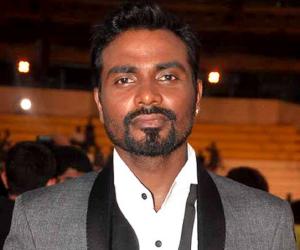
Celebrated choreographer Remo D'Souza was a skilled athlete in his school days and quit studies after the 12th standard. The self-taught dancer revered Michael Jackson in his younger days. His choreography in Bajirao Mastani won him a National Award. He has also judged several seasons of Dance India Dance.

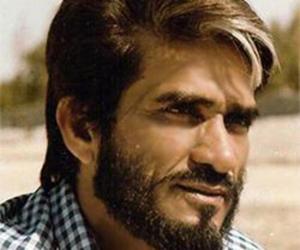
Henry Louis Vivian Derozio was an Anglo-Indian poet who became the assistant headmaster of Hindu College, Kolkata. He was born to a Christian Indo-Portuguese father and an English mother in British India. A brilliant young man, he was a radical thinker of his time, and his activities kindled the intellectual revolution in Bengal. Unfortunately, he died at the age of 22.
